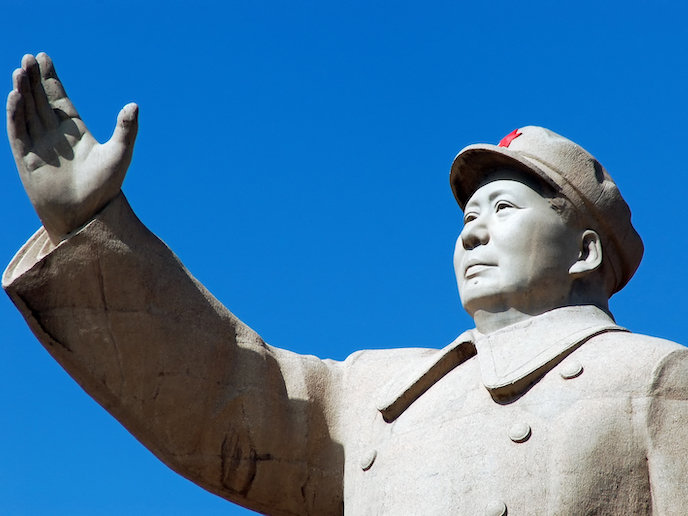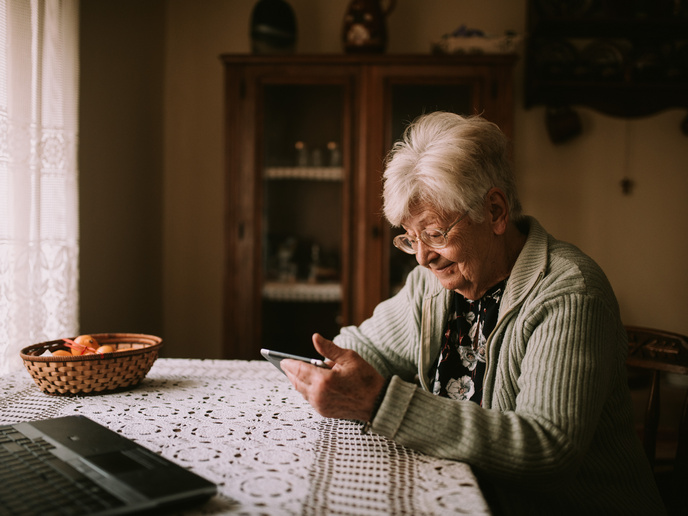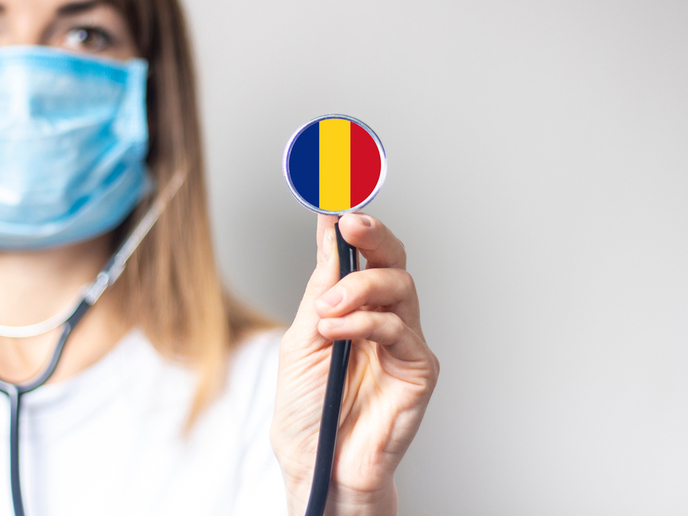Local perspectives highlight how Mao Zedong’s acclaimed public health campaigns were in fact counterproductive
Before Dr Xun Zhou, Reader in Modern History at the University of Essex, kicked off her Health Care in China project, little information was available on the impact of the Anti-Schistosomiasis Campaign and the Barefoot Doctor program. The programmes have been widely acclaimed but were they really as effective as claimed? The two campaigns have been presented as a global model for an efficient and inexpensive national health care system. But how accurate is that perception? According to Dr Zhou, this couldn’t be further away from reality. “The truth is that both campaigns – when seen by experts, grassroots cadres, health auxiliaries responsible for their implementation, as well as communities on the ground – were very questionable in their efficacy. In fact, they were often counter-productive,” she explains. Dr Zhou conducted interviews with these target groups and listened to their experiences, but also read archive documents from eight impacted provinces across China. Thanks to this work, she was able to piece together a complex picture that paralleled, but was often very different from, the central authorities’ official statements. “I was able to find previously unpublished data from this period that pointed at the questionable efficacy of earlier historians’ work,” Dr Zhou says. Interviewees notably recounted how the Barefoot Doctor program, which aimed to move away from elite, allopathic medicine to less trained auxiliaries, suffered from radical differences in training and resources. These, in turn, often led to the provision of inefficient and insufficient health care and explain why the program was abandoned in the early 80s. “The Anti-Schistosomiasis Campaign, on the other hand, had its roots in elite allopathic medicine – the struggle against infectious diseases that was the centre piece of late 19th and early 20th century international public health. It quickly became one of the major attempts to muster mass involvement to destroy the vector: the snails. These campaigns were not only unsuccessful, but, as my study shows, they often had pernicious, long-term health and environmental consequences,” Dr Zhou says. Dr Zhou also points out the major lesson to be learned from Health Care in China, for all public health stakeholders including the EU: it is vital to listen to communities impacted by colossal public health campaigns in order to assess them. “Global pronouncements about health improvement often turn out to be failures on the local level. Replacing elite medicine with alternatives may be less expensive or easier to implement, but they may well have negative consequences. The mass use of elite medicine by marginally trained practitioners or health auxiliaries can lead to poor outcomes. With this in mind, it is always imperative to link all forms of medical intervention to local interest, cultural sensibilities, resources and abilities. “ Health Care in China, which was undertaken with the support of the Marie Curie programme, is now completed. Dr Zhou will now explore how individuals cope with food ‘shocks’ or food insecurity, with a focus on the Great Leap Famine in Mao’s China – the most extensive famine in human history.







